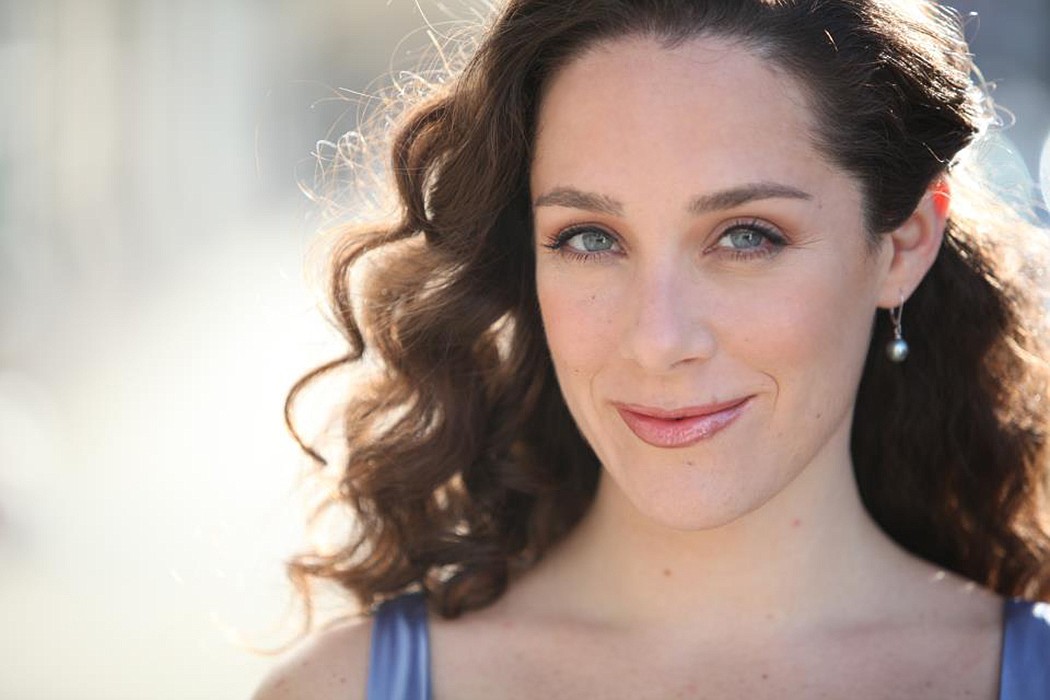- April 11, 2025
-
-
Loading

Loading

Sarah Bierstock has been in the performing arts since she was a teenager. For her, it was always a lighthearted experience of singing, dancing and acting on stage and screen. She’s also a devoted world traveler who discovered the world has a way of intruding on a carefree state of mind.
In 2014, an atrocity across the globe gripped her consciousness. Bierstock’s response was to write her first play, “Honor Killing.” Florida Studio Theatre featured her new work at its Burdick New Play Reading Series in 2017 and is staging a world premiere this month. The playwright shared the passion and perception behind her play.
What inspired you to write this play?
The catalyst was the news of a horrific honor killing, the brutal murder of Farzana Parveen that transpired in Pakistan in May 2014. I dug up all the research I could find about her and started writing “Honor Killing” a few days later. But I’d been pondering the treatment of women in the United States and globally long before that incident.
In a nutshell, what’s the play about?
That play is about Allisyn, a female, Caucasian-American reporter for The New York Times who tries to cover an honor killing in Pakistan, but she’s been blacklisted. They won’t let her in, so she tries to cover the story from Dubai. Her male colleague from The Times meets with her, and they get into a conversation about some events in the United States. His reaction to that troubles her deeply.
How would you describe Allisyn?
She’s very strong, smart, driven, feisty and opinionated. But she’s also deeply vulnerable. She’s a three-dimensional character, and not perfect, by any means.
How did the play evolve as you started to write it?
As I got into it, I was confronted by larger issues than the specific honor killing. I began to think about my own perceptions, the misguided information and disinformation floating around, and the role of America in the world.
Did you fine-tune the play before the premiere?
We made a few changes to make sure the audience heard the story we wanted to tell. We also tweaked some technical vocabulary for accuracy.
Why is that important?
Because the play is saturated with communications technology. There’s a lot of Skyping, texting, smartphones, video, and so on. It’s a global story, and technology is almost a character in itself. If you’re going to talk about technology, you should get the references right.
How did technology become so integral to your storytelling?
That’s really for two reasons. The first is we’re living in a globally connected world — my technological references are just a reflection of that contemporary reality. But there’s also the question of truth. The media saturates us with video on our ubiquitous screens. But whose perspective are you actually getting? Who’s filtering what you see? The journalist, the news station, or the advertisers?
All media is mediated.
That’s true. But the filter isn’t always obvious.
Right. So, there’s an image on your TV or tablet. You see it. “Seeing is believing.” So you accept what you see as “objective truth.”
Many people do.
But the media creates an illusion of objectivity?
Partly. But it can also create a false sense of inside knowledge.
How so?
We’re bombarded with real-world images. Seeing live footage of another country might create the impression you know all about it, when you really don’t. The wrong choice of words can also create a massive disconnect. It’s easy to think you grasp what’s going on when you don’t. This could apply to a foreign country, a different part of our own country, or the person sitting next to you.
Why does that matter?
Well, it especially matters when you’re telling other people how to live. As Americans, we make certain judgments. Other cultures see us through a distorted lens. It doesn’t occur to us that our own perceptions are distorted. It surprises us when the people in these particular countries are saying, “Hey, wait a minute, you don’t understand our culture. You’re asking us to make changes. But you don’t know what repercussions these changes will create.”
Just to be clear, you’re not saying that critics in the West should mind their own business about things like female genital mutilation and honor killings?
No, I’m certainly not saying that. What I am exploring is the idea that we Americans often judge our culture as superior because we don’t openly participate in some of those activities we deem horrific. But that in reality, egregious, violent and misogynistic activities occur right here in the United States every day. And that perhaps we should examine our own treatment of women instead of pointing a finger at another culture.
Get our own house in order?
It couldn’t hurt.
Your perceptions changed while writing this play. Does Allisyn change her mind as well?
She changes her mind about nearly everything.
Is that your goal with the audience?
Not exactly. As a playwright, I’m not trying to change anyone’s mind. But if I open people’s minds, I think that’s enough.